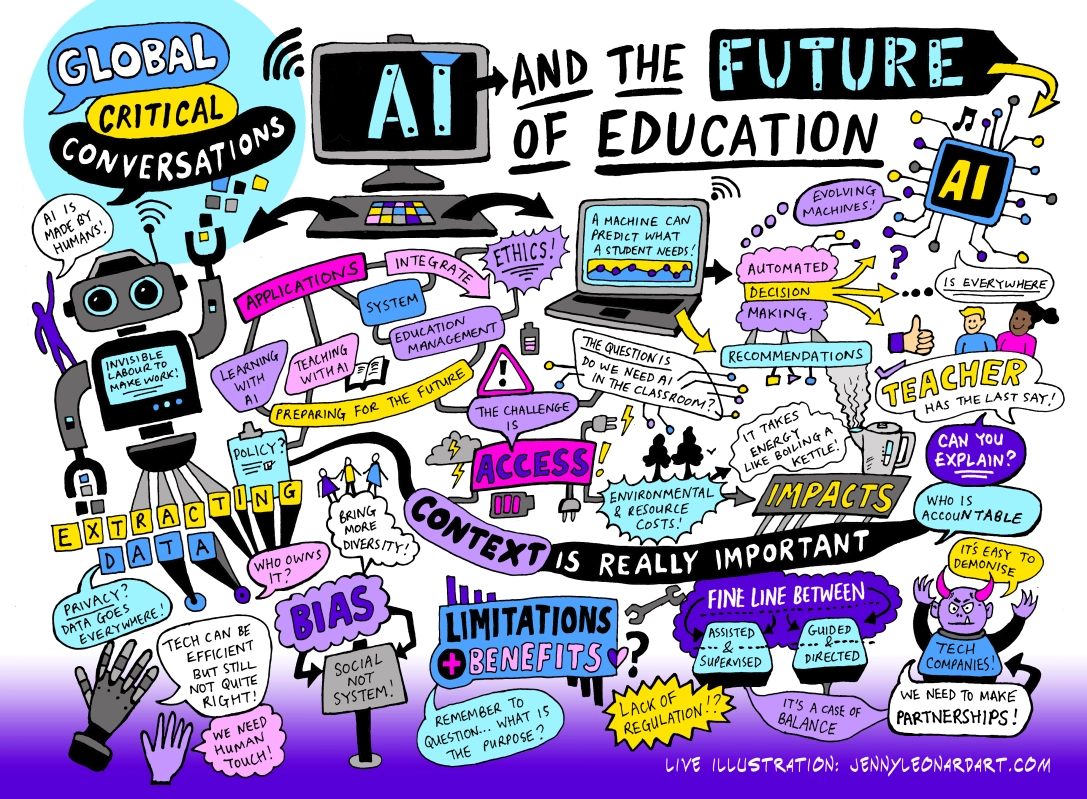Increased AI tool usage is associated with reduced critical thinking abilities, mediated by cognitive offloading.
Objective: The study aimed to investigate the relationship between AI tool usage and critical thinking skills, with a particular focus on cognitive offloading as a mediating factor.
Methods: The research employed a mixed-method approach including:
- Quantitative surveys and qualitative interviews with 666 participants across diverse age groups and educational backgrounds
- Statistical analyses using ANOVA, correlation analysis, multiple regression, and random forest regression
- Semi-structured interviews with 50 participants for deeper insights
- Use of validated assessment tools including the Halpern Critical Thinking Assessment (HCTA) and Terenzini's self-reported measures
Key Findings:
- Significant negative correlation between frequent AI tool usage and critical thinking abilities
- Younger participants (17-25) showed higher dependence on AI tools and lower critical thinking scores
- Higher educational attainment was associated with better critical thinking skills regardless of AI usage
- Cognitive offloading significantly mediates the relationship between AI usage and critical thinking
- Education level moderates the relationship between AI tool use and critical thinking
- Random forest regression explained 37% of the variance in critical thinking scores
Implications:
- The findings suggest a need to balance AI integration with activities that promote critical thinking
- Educational institutions should develop strategies to maintain critical thinking skills while leveraging AI benefits
- Teacher training programs should include guidance on effective AI integration
- Students need development of metacognitive skills to appropriately use AI tools
- The results contribute to understanding how AI affects cognitive development and learning
Limitations:
- Reliance on self-reported measures for some aspects of the study
- Potential sample bias
- Focus primarily on UK participants
- Cross-sectional rather than longitudinal design
- Possible influence of pre-existing differences in critical thinking abilities
Future Directions:
- Investigate longitudinal effects of AI tool usage on critical thinking skills
- Explore specific types of AI tools and their distinct effects on cognitive processes
- Conduct experimental studies manipulating AI tool usage levels
- Examine cultural differences in AI tool impact across diverse populations
- Study individual differences in susceptibility to cognitive offloading
- Develop and test interventions to maintain critical thinking while using AI
Title and Authors: "AI Tools in Society: Impacts on Cognitive Offloading and the Future of Critical Thinking" by Michael Gerlich
Published On: January 3, 2025
Published By: Societies (MDPI)
The study makes a significant contribution to understanding the cognitive implications of AI tool usage in educational and professional settings. It highlights the importance of maintaining critical thinking skills while embracing technological advancement. The mixed-methods approach provides both statistical evidence and rich qualitative insights into how AI tools influence cognitive processes. The findings suggest that while AI tools offer valuable benefits, their impact on critical thinking requires careful consideration in educational policy and practice.
